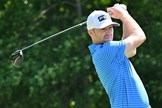How the PGA Tour’s shortest hitter keeps winning
Last updated:
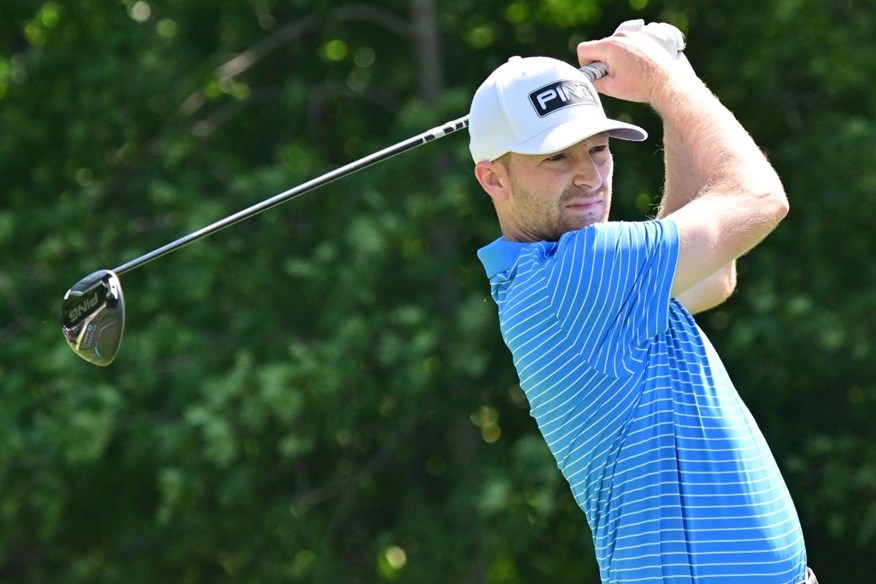
Everyone says distance is everything on the PGA Tour. But one man, ranked last in driving distance, is proving there’s still room for a different style.
If you watch golf these days, you’d think there’s only one formula for success: swing it harder, hit it further.
Every aspiring tour pro is chasing a minimum of 180mph ball speed. Everyone is in the gym as much as on the range. Every new driver promises faster ball speed and longer distance.
But, as the rather unpleasant old saying goes: there’s more than one way to skin a cat.
Enter Brian Campbell.

The 32-year-old just won the John Deere Classic after beating Emiliano Grillo in a playoff, becoming just the sixth man to win multiple PGA Tour titles this year.
Four of the other five – Rory McIlroy, Scottie Scheffler, Ben Griffin, and Ryan Fox – rank in the top half of the PGA Tour for ball speed and driving distance.
Campbell is the complete opposite.
His ball speed of 161.3mph ranks him 172nd of 174. He’s 13mph slower than the Tour average and almost 30mph behind the most powerful players.
He ranks dead last on the PGA Tour for driving distance. His 273.5-yard average means he’s 20.5 yards behind the average player and 40 yards shorter than the longest hitters.
As a result, he gives up more than a full shot per round against the field in Strokes Gained: Off-the-Tee. That means, across a four-day tournament, his lack of power effectively means he’s starting four over par.
It shouldn’t work, but it does (sometimes).
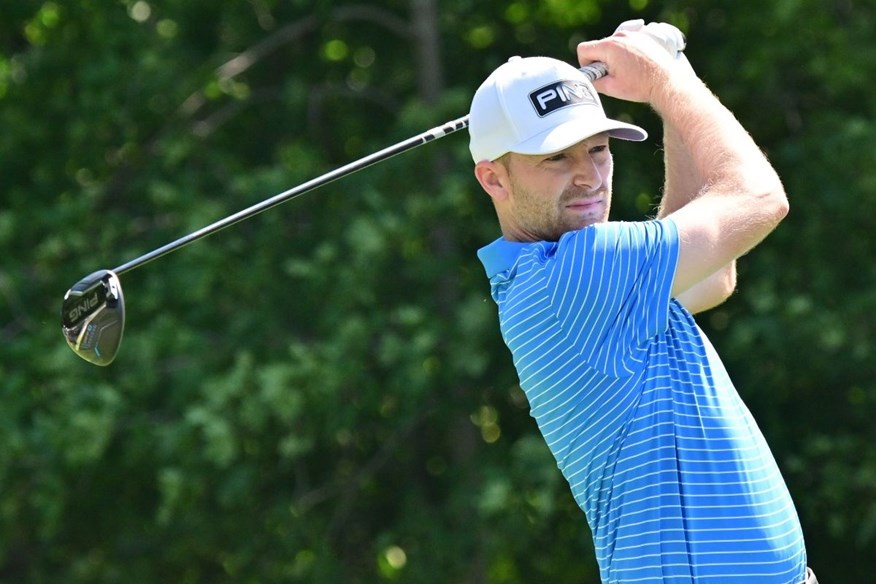
How?
Campbell ranks 14th on the PGA Tour for SG: Around the Green, and 32nd for both SG: Approach and SG: Putting.
He relies on touch, accuracy, and a mindset that refuses to panic when his playing partners are 40 yards past him.
But, before we announce the death of the power era, it’s worth noting that Campbell’s approach doesn’t work all the time.
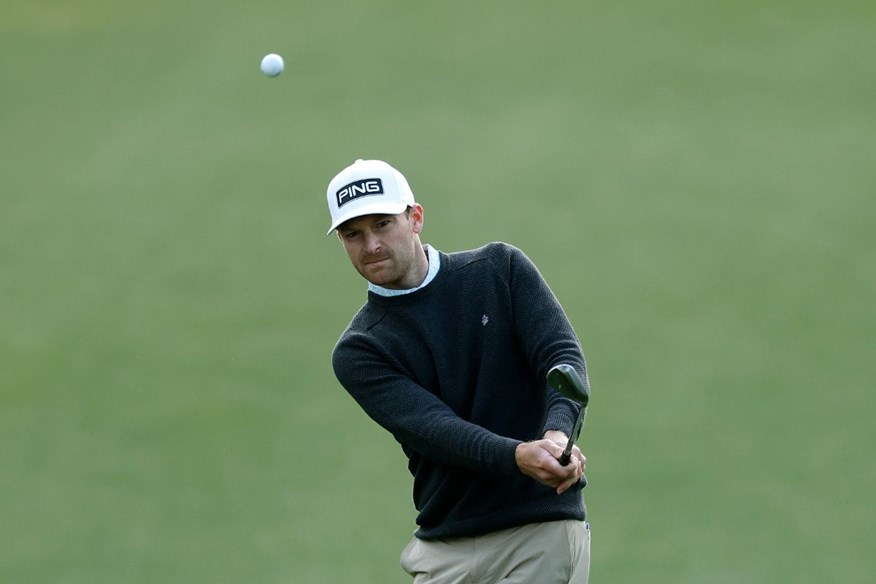
In 17 starts this season, he’s missed seven cuts and only cracked the top-30 twice, which were his two victories.
It’s been a decade since he turned pro and he’s spent most of that time on the Korn Ferry Tour, where he never won a single event.
His results in the lead up to the John Deere read: MC-WD-MC.
Things got so bad that, not too long ago, he was considering giving up the game for good.
“I’ve worked my entire life to be in this position, but we had a couple of years where it wasn’t looking so good,” said Campbell, who earned $1.512 million for his victory in Illinois and jumped to 55th in the world rankings. “You have to start thinking about, ‘Am I going to do something else? Maybe pro golf isn’t going to work out’.
“It was at second stage Q-School about two, three years ago. I made like a quintuple bogey on a par-3 and I thought my career was over in that moment. That night, I just kind of had a talk with myself. Said, ‘You know what, whatever happens is okay. Trust yourself’. The next round I went out there and shot 8-under and got myself right back in there.
“I guess I was like, ‘Maybe golf is not over for me’. That moment was when everything changed.”
In an emotional post-round interview with CBS, Campbell, whose win bagged him a spot in the field for The Open for the first time, was asked what he’d tell his younger self about the future:
“Oh man, the advice I would give is just you really got to dig deep and trust yourself,” he said. “It’s easier said than done, but what worked for me a lot was trusting a lot of things I used to do when I was a kid. Getting back to enjoying the game and loving the game for what it is and just having fun with it.”
Of course, it’s easier to enjoy the game when you’re winning. But even after his first PGA Tour victory – at the Mexico Open in February – there was no guarantee he’d do it again. Since that win, he’d made just five of 12 cuts, with a best finish of T32.
“After your first win, there are a lot of expectations that come about,” he said. “I dealt with a lot of random sicknesses that hit me and pulled me out of a few tournaments I really wanted to play. Even more so, I just really had to trust what I had been doing before, and, man, now we’re here. It’s just wild.”
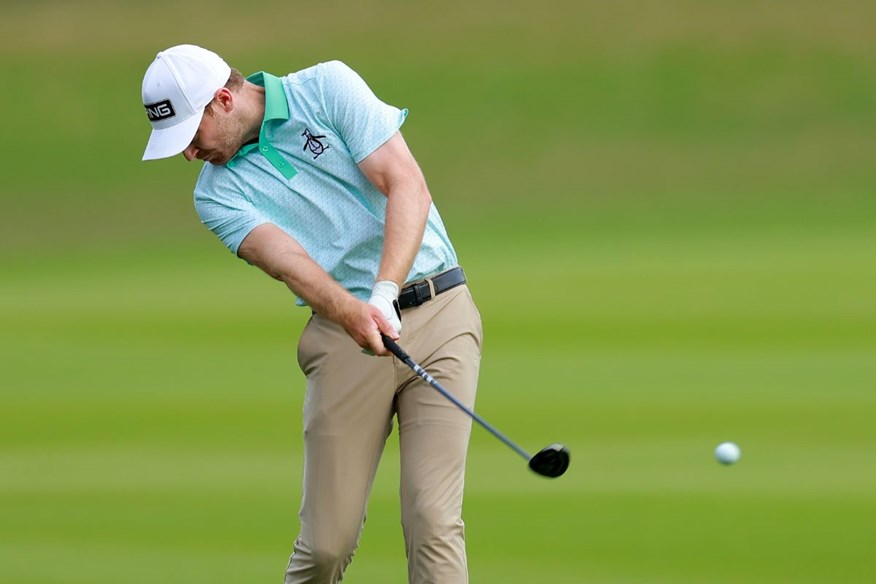
So distance doesn’t matter anymore?
So, does Campbell’s story mean distance doesn’t matter anymore?
Not quite.
Before you stash your SuperSpeed sticks in the garage, remember: he and Sepp Straka – the only other short hitter with two wins this season – are bucking the trend, not creating a new one.
Distance continues to be a huge determining factor of success on tour. Across the course of a season, big hitters win more, earn more, and rank higher than those who lack power.
“Distance is far more of an indicator of success than accuracy,” says Sean Foley, who has coached Tiger Woods, Lee Westwood, and Justin Rose, amongst others. “If I have the choice of giving someone five extra miles per hour in clubhead speed or have him hit the corresponding amount of more fairways, net earnings will increase more from the extra swing speed.”
Why? Because distance is a consistent asset.
Even the best putters in the world have weeks where nothing drops. No one can scramble their way into contention every single tournament. But if you’re a power hitter, you’re a power hitter every single week. You don’t turn up one week with 185mph ball speed and find yourself struggling to reach fairways the following week.
Sure, the biggest hitter doesn’t win all of the time – as Campbell, Straka, and others like them show – but it gives them a consistent head start, which tips the odds significantly in their favor.
Still, watching Brian Campbell’s victory is a refreshing reminder that golf isn’t just about brawn. Sometimes, the shortest hitter in the field is the last man standing – and that’s what makes this game so compelling.
